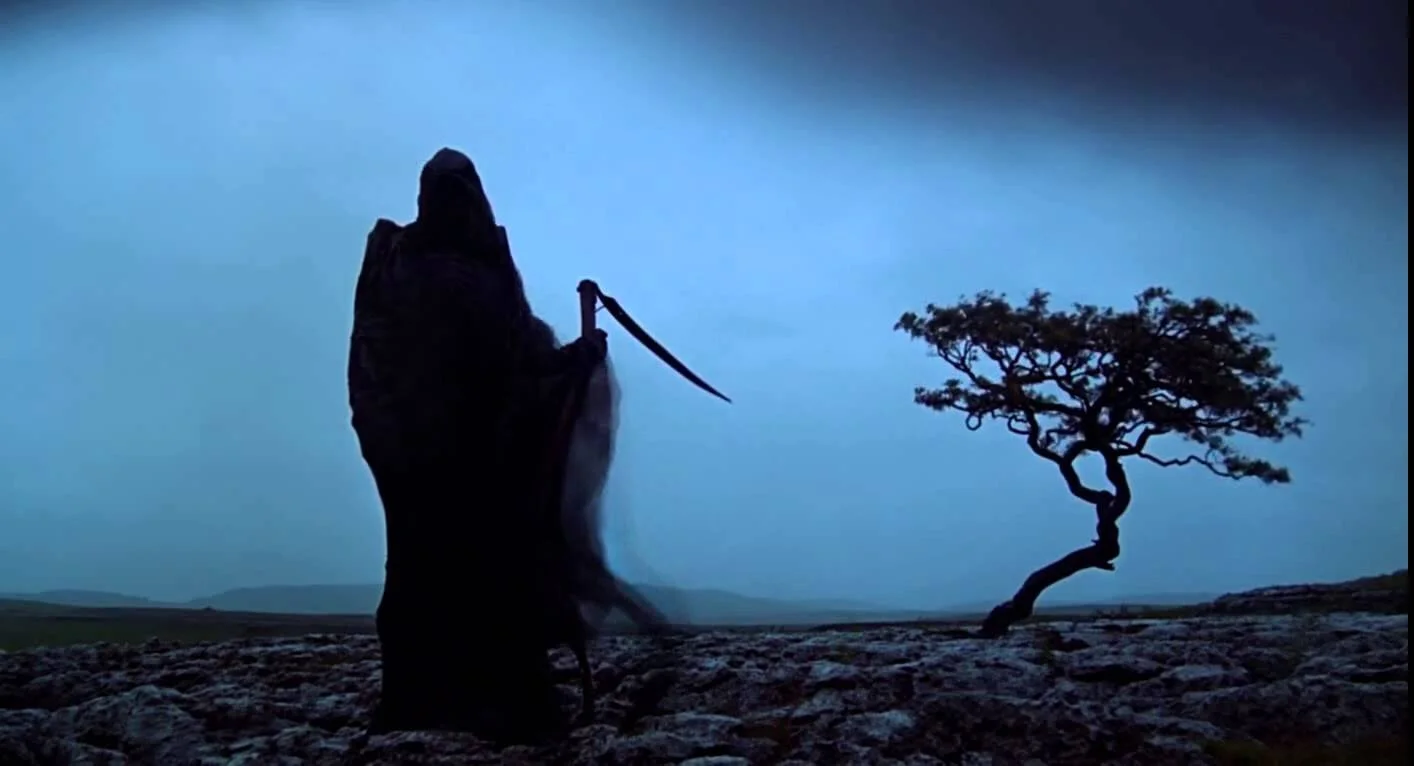Pandemic Literature
Rowan and I reluctantly came to recognize the need for this page. We have fielded so many inquiries from customers about epidemics, pandemics, plagues, and the science behind viral “jumps” between nonhuman to human species that we thought we need to put in one place the references we offer. Fear of the invisible threat extends into the past, whether history or fiction. The present fear looms large. Being human, as Robert Burns pointed out in his poem to the mousie whose life was upset by the plow, means to project the fear into the future, which explains our rich selection of plague-haunted science fiction/horror fiction. Many smart people and good writers have devoted thought and art to considering these fears, and we invite you to calm and measure your own in such good company.
A Canticle for Leibowitz
A Canticle for Leibowitz
Winner of the 1961 Hugo Award for Best Novel and widely considered one of the most accomplished, powerful, and enduring classics of modern speculative fiction, Walter M. Miller, Jr.'s A Canticle for Leibowitz is a true landmark of twentieth-century literature -- a chilling and still-provocative look at a post-apocalyptic future.
In a nightmarish ruined world slowly awakening to the light after sleeping in darkness, the infant rediscoveries of science are secretly nourished by cloistered monks dedicated to the study and preservation of the relics and writings of the blessed Saint Isaac Leibowitz. From here the story spans centuries of ignorance, violence, and barbarism, viewing through a sharp, satirical eye the relentless progression of a human race damned by its inherent humanness to recelebrate its grand foibles and repeat its grievous mistakes. Seriously funny, stunning, and tragic, eternally fresh, imaginative, and altogether remarkable, A Canticle for Leibowitz retains its ability to enthrall and amaze. It is now, as it always has been, a masterpiece.

